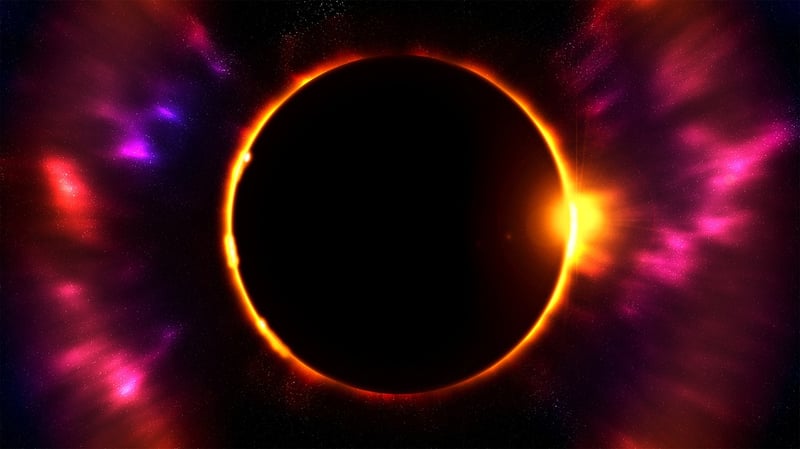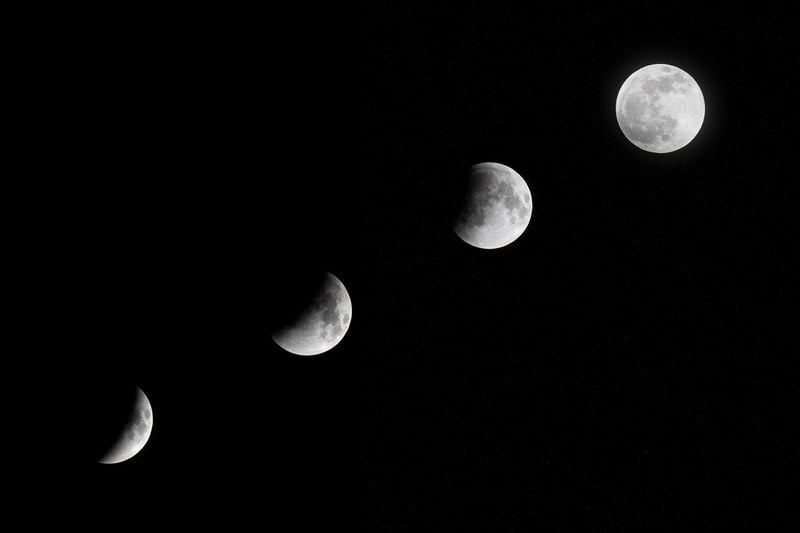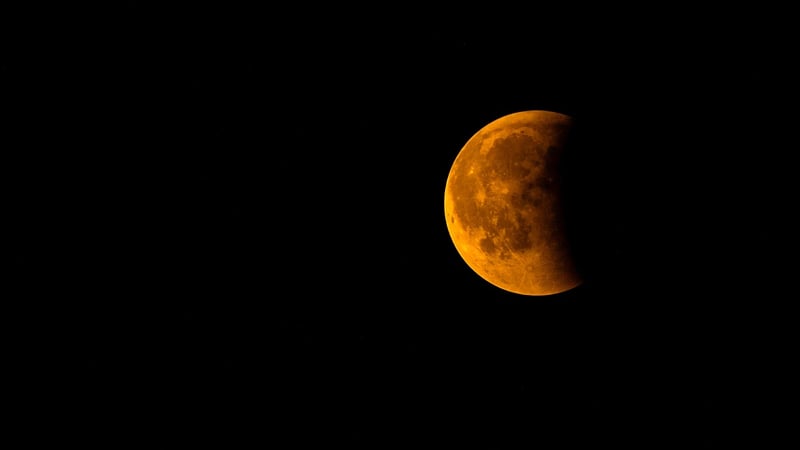Eclipse captures
Capture Cosmic Moments with Eclipse Photography
Witnessing a cosmic event like a solar or lunar eclipse is a remarkable experience that leaves a lasting impression on all who observe it. These celestial phenomena provide a unique opportunity for photographers to capture stunning images that showcase the beauty and grandeur of the universe.
The Magic of Eclipses
Solar eclipses occur when the Moon passes between the Sun and Earth, casting a shadow on our planet. This rare occurrence darkens the sky and reveals the Sun's corona, creating a breathtaking sight. On the other hand, lunar eclipses occur when the Earth comes between the Sun and the Moon, causing the Moon to move into Earth's shadow and take on a reddish hue, known as a blood moon.
Tips for Eclipse Photography
- Use a tripod to keep your camera steady during the long exposures required for eclipse photography.
- Protect your eyes and camera gear by using a solar filter when photographing solar eclipses.
- Experiment with different exposure settings to capture the intricate details of the eclipse.
- Consider including elements like landscapes or silhouettes in your eclipse photos to add context and visual interest.
Capturing the Perfect Shot
To capture stunning eclipse photos, you need the right equipment and techniques. Invest in a quality camera with manual settings and a telephoto lens to zoom in on the eclipse. Plan your shoot in advance, considering the location, timing, and weather conditions to maximize your chances of success.
Gallery of Eclipse Captures

Image source: Pixabay

Image source: Pixabay
Explore the wonders of the cosmos through the lens of your camera and immortalize the beauty of eclipses in your photographs. With the right skills and equipment, you can capture cosmic moments that will leave you in awe of the universe's magnificence.
